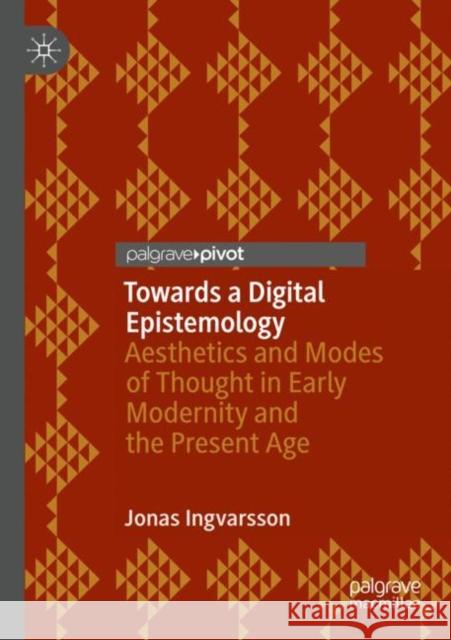Towards a Digital Epistemology: Aesthetics and Modes of Thought in Early Modernity and the Present Age » książka
topmenu
Towards a Digital Epistemology: Aesthetics and Modes of Thought in Early Modernity and the Present Age
ISBN-13: 9783030564278 / Angielski / Miękka / 2021 / 158 str.
Towards a Digital Epistemology: Aesthetics and Modes of Thought in Early Modernity and the Present Age
ISBN-13: 9783030564278 / Angielski / Miękka / 2021 / 158 str.
cena 201,24
(netto: 191,66 VAT: 5%)
Najniższa cena z 30 dni: 192,74
(netto: 191,66 VAT: 5%)
Najniższa cena z 30 dni: 192,74
Termin realizacji zamówienia:
ok. 22 dni roboczych
Bez gwarancji dostawy przed świętami
ok. 22 dni roboczych
Bez gwarancji dostawy przed świętami
Darmowa dostawa!
Kategorie:
Kategorie BISAC:
Wydawca:
SPRINGER
Język:
Angielski
ISBN-13:
9783030564278
Rok wydania:
2021
Ilość stron:
158
Waga:
0.21 kg
Wymiary:
21.01 x 14.81 x 0.94
Oprawa:
Miękka
Wolumenów:
01
Dodatkowe informacje:
Wydanie ilustrowane











